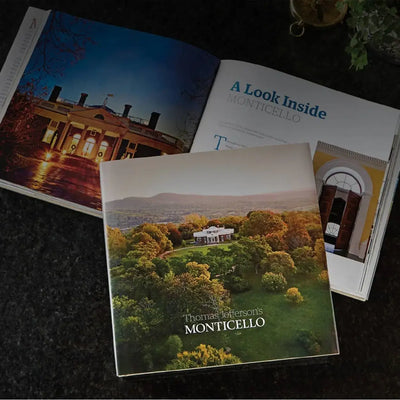~ If you can't plant immediately, store your plant in a cool location and keep the roots moist or pot in a container with a nursery potting mix from your local garden center.
~ Before planting, let the roots soak for several hours as you prepare the site. You'll want to dig a large enough hole so the root mass can spread out and the plant is at the same soil level as when it was growing in the nursery.
~ Once planted, water it in well and wait a month before fertilizing. Mulching will help to maintain moisture and raise soil temperatures for faster growth.
Hardy, deciduous, Eastern North American tree
Fragrant, delicate white panicles of flowers in late spring; followed by blue-black fruits; glossy, dark green foliage turns shades of yellow and brown in fall
Origin: North America
Henry Compton, Lord Bishop of London, appointed cleric and naturalist, John Bannister (1650-1692), to explore the flora of the Virginia colony in 1678. Among the many North American natives described by Bannister was the Fringe Tree (Chionanthus virginicus) or Old Man's Beard. In 1786, Thomas Jefferson, then living in France, wrote Philadelphia botanist John Bartram, Jr. for seeds of this showy, spring-flowering tree to share with his Parisian friends. Birds enjoy the fruits in late summer.
This species is dioecious, meaning a male and a female plant are both required for pollination and fruit set. Our plants are unsexed due to their immaturity; we recommend purchasing more than one plant to increase the likelihood of fruit production, including berries and seeds.
This plant will ship bare root. Approximately 18" tall.
Details
| Genus | Chionanthus |
|---|---|
| Species | virginicus |
| USDA Zones | 3 - 9 |
| Exposure | Full Sun to Light Shade |
| Habit | Small, spreading tree grows to 12-20 feet high and wide |
| Culture | Prefers moist, but well-drained soil rich in organic matter |
| Attributes | Attracts birds, Fall color, Fragrant |
| Jefferson documented | |












